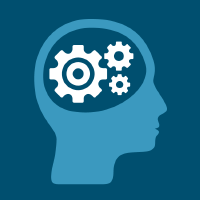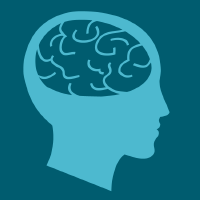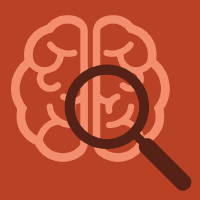Topic Menu
► Topic MenuTopic Editors

The Role of the Motor System in Action Perception
Topic Information
Dear Colleagues,
An increasing amount of evidence suggests that the activation of the motor system during perception can trigger higher-order social cognitive processes, such as reading intentions or understanding the actions and emotional states of others. The application of current neuroscientific perspectives to perceptuo-motor codes can help to explain the mechanisms that underlie central nervous system disorders that can block or alter multisensory and motor processing. To provide an interdisciplinary clinical framework for the unresolved question of how the human brain responds to the loss of multisensory and motor abilities and the implications for cognition and emotions, we welcome submissions that include behavioural, neuroanatomical, and neurophysiological studies as well as clinical and neuropsychological evidence. This knowledge is crucial for the development of novel therapies to treat perceptual-, movement-, and body-related disorders.
Dr. Mariella Pazzaglia
Topic Editor
Keywords
- action
- body
- multisensory action
- perception
- pain
- illusion
- embodiment
Participating Journals
| Journal Name | Impact Factor | CiteScore | Launched Year | First Decision (median) | APC |
|---|---|---|---|---|---|

Journal of Clinical Medicine
|
2.9 | 5.2 | 2012 | 17.7 Days | CHF 2600 |

Behavioral Sciences
|
2.5 | 3.1 | 2011 | 29.6 Days | CHF 2200 |

Brain Sciences
|
2.8 | 5.6 | 2011 | 16.2 Days | CHF 2200 |

Psychiatry International
|
1.1 | 2.0 | 2020 | 28.8 Days | CHF 1200 |

Neurology International
|
3.0 | 4.8 | 2009 | 21.4 Days | CHF 1800 |

Preprints.org is a multidisciplinary platform offering a preprint service designed to facilitate the early sharing of your research. It supports and empowers your research journey from the very beginning.
MDPI Topics is collaborating with Preprints.org and has established a direct connection between MDPI journals and the platform. Authors are encouraged to take advantage of this opportunity by posting their preprints at Preprints.org prior to publication:
- Share your research immediately: disseminate your ideas prior to publication and establish priority for your work.
- Safeguard your intellectual contribution: Protect your ideas with a time-stamped preprint that serves as proof of your research timeline.
- Boost visibility and impact: Increase the reach and influence of your research by making it accessible to a global audience.
- Gain early feedback: Receive valuable input and insights from peers before submitting to a journal.
- Ensure broad indexing: Web of Science (Preprint Citation Index), Google Scholar, Crossref, SHARE, PrePubMed, Scilit and Europe PMC.

